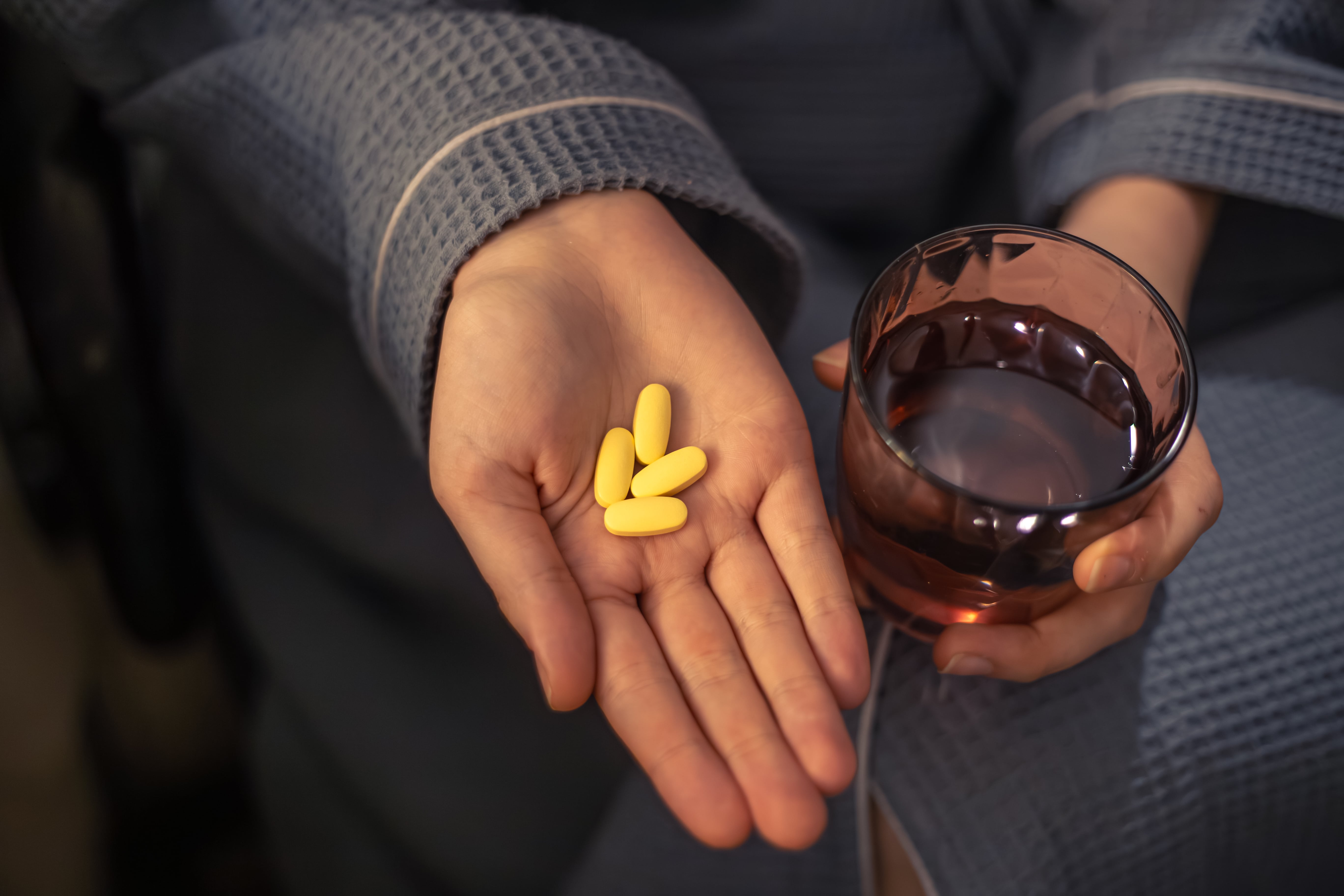Doxycycline is a common antibiotic that doctors often prescribe for various infections. Drug rehab professionals and healthcare providers also encounter this when treating patients with multiple conditions. The medicine typically stays in your body for 16-22 hours before being removed. Your liver breaks it down while your kidneys flush it out. Several factors influence how long it remains in your system, including your health, body type, and other medications you take.
Metabolism and Elimination Rates
Your body primarily processes doxycycline in the liver and eliminates it through the kidneys. The medicine has a half-life of 16-22 hours, meaning that half of it is eliminated from the body within that time frame. Liver enzymes, specifically CYP2C9, CYP2C19, and CYP3A4, break down the medicine into smaller components. Your kidneys then remove these parts from your body through urine. The efficiency of your liver and kidneys, as well as the amount of water you drink, affects the rate at which this process occurs. Doctors need to understand this process to administer the correct amount of medicine.
Dosage and Treatment Duration
The amount and duration of doxycycline you take depend on several factors. Your doctor assesses the severity of your infection, your age, and your overall health. Here are the main points to know:
- Starting Dose: The first amount you take depends on what condition is being treated
- Daily Dose: After starting, you may take a regular daily amount to keep the medicine working in your body
- Treatment Length: You might take doxycycline for a few days or several weeks, depending on your infection
- Dose Changes: People with kidney problems may need smaller amounts to stay safe
Individual Health and Body Composition
Your personal health and body type affect how doxycycline works in your system. Factors such as your weight, body fat, and overall health can affect how your body absorbs, distributes, metabolizes, and eliminates the medicine. Individuals who weigh more may require higher doses to achieve the same results. Some health conditions or other medications can affect how well doxycycline works or how quickly your body eliminates it. Your doctor needs to consider these personal factors to provide you with the right treatment plan and minimize potential side effects.
Liver and Kidney Function
How well your liver and kidneys work is very important for processing doxycycline safely.
- Liver Function
- Your liver breaks down doxycycline into smaller parts
- If your liver doesn't work well, the medicine breaks down more slowly
- Kidney Function
- Your kidneys remove doxycycline from your body
- Poor kidney function means the drug stays in your system longer
Doctors check how well these organs work before giving you doxycycline. They also monitor them during treatment to prevent complications and ensure the medicine is processed correctly.
Drug Interactions and Food Intake
Other medicines and food can change how well doxycycline works in your body. Taking it with antacids, iron pills, or dairy products can reduce how much your body absorbs. This happens because these substances bind to the medicine, preventing it from entering your bloodstream. You should take these other items at different times to avoid this problem. Eating fatty foods can also slow down how your body absorbs doxycycline, making it less effective. For best results, take doxycycline on an empty stomach or follow your doctor's instructions about when to take it with food.
Other Related Posts:







.png)
.png)




